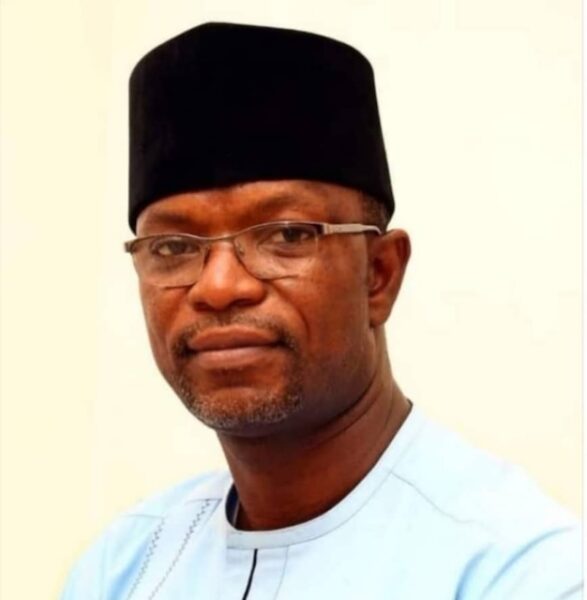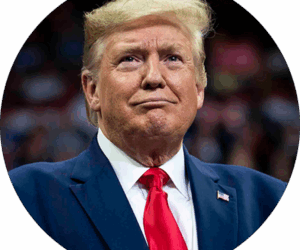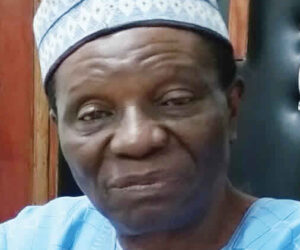
Whistleblowing is one of the most powerful tools in the global fight against corruption, financial crimes, and abuse of office. By exposing wrongdoing from within, whistleblowers act as early warning systems for society, protecting public resources and upholding the rule of law. Around the world, countries that have built strong legal frameworks for whistleblower protection have reaped the benefits of greater accountability and transparency.
Nigeria, however, continues to fall short. Despite the introduction of the Whistleblower Policy in 2016, the absence of legal backing and weak institutional support has left whistleblowers dangerously exposed. Instead of protection, many who speak up face harassment, dismissal, and even criminalisation. As someone who is living through the challenges of whistleblowing, I know this truth all too well.
The 2016 Whistleblower Policy was launched with high expectations. It promised financial incentives for those who disclosed corruption and other financial crimes. But it fell short in one critical area: protection. The policy is not a law. It cannot guarantee anonymity, prevent retaliation, or compel agencies to act.
In practice, whistleblowers have faced the very dangers they sought to prevent. Officials who reported diversion of funds, procurement fraud, and breaches of Treasury Single Account (TSA) guidelines have often been subjected to intimidation, unlawful transfers, denial of promotion, or dismissal. Many have been labeled “disgruntled staff” or “troublemakers,” a stigma intended to discredit and silence them.
Even more troubling is the weak institutional response. In several cases, vivid evidence submitted to anti-corruption and oversight agencies has been met with silence, indifference, or delays. For whistleblowers, this creates not only frustration but also a sense of betrayal, as institutions meant to safeguard integrity appear unwilling or unable to act.
My own journey as a whistleblower illustrates the heavy price of integrity in Nigeria. As a senior official, I observed questionable practices, including diversions from the Treasury Single Account, the use of personal accounts for official payments, and procurement processes that ignored due process requirements. These patterns pointed to systemic weaknesses in financial accountability and compliance with existing laws.
Raising concerns about such practices, however, came at great personal cost. Rather than being treated as disclosures made in good faith, my interventions were met with suspicion and hostility. I was subjected to pressure, intimidation, and attempts to sideline me from my professional role. In the end, I lost my position in the public service, even though my only “offence” was insisting that established financial and procurement laws must be followed.
My experience is not unique. Many whistleblowers in Nigeria have faced retaliation, often losing their jobs, reputations, and sources of livelihood. Without legal safeguards, the act of blowing the whistle in Nigeria often becomes an act of self-sacrifice.
One organisation that has consistently drawn attention to this gap is the African Centre for Media & Information Literacy (AFRICMIL). Since 2017, AFRICMIL has been at the forefront of advocating for a comprehensive whistleblower protection law, promoting awareness, and providing platforms for dialogue around the safety of whistleblowers. Its efforts underscore the urgent need for Nigeria to move beyond policy pronouncements and embrace enforceable legal protections.
It is important to note that Nigeria does not entirely lack a legal framework. The Freedom of Information Act (FOIA) 2011 contains provisions that align with whistleblower protections in other nations. For instance, Section 11 of India’s Whistleblowers Protection Act 2011 introduces safeguards against victimisation of persons who make disclosures. Section 12 of Ghana’s Whistleblowers Act 2006 clearly protects whistleblowers against dismissal, suspension, redundancy, denial of promotion, inappropriate transfers, harassment, intimidation, threats, and discrimination. Similarly, Section 3 of South Africa’s Protected Disclosure Act 2000 prohibits any employee from being subjected to occupational detriment on account of having made a protected disclosure. In the United States, the Whistleblower Protection Act (WPA) prohibits retaliation against federal employees who disclose violations of law, gross mismanagement, waste of funds, abuse of authority, or acts that endanger public health and safety.
Viewed against these examples, Nigeria’s FOIA 2011 is in tandem with international whistleblower legislation. However, while other countries treat whistleblower protection as a distinct law, Nigeria merely subsumes it under a section of the FOIA. This approach underscores the low importance accorded to whistleblowers in our governance framework. To correct this, the relevant provisions of FOIA should be carved out, expanded, and enacted as a standalone legislation. In the alternative, the FOIA 2011 should be amended and renamed to explicitly reflect its dual purpose. For instance, as the Whistleblower Protection and Freedom of Information Act (WPFIA), bringing Nigeria into stronger alignment with global standards.
Encouragingly, progress is being made elsewhere in the region. Senegal recently passed a whistleblower protection law in 2025, becoming the second country in West Africa, after Ghana, to enact such legislation. This landmark development has been welcomed by AFRICMIL, which has urged Nigeria to follow suit. Senegal’s action demonstrates that strong legal frameworks for whistleblowers are achievable in Africa and can significantly bolster transparency and democratic accountability.
These examples show that where whistleblower protection is legally enshrined and enforced, integrity thrives and corruption is more effectively curtailed. Nigeria’s whistleblowing landscape, on the other hand, is undermined by systemic weaknesses. Agencies tasked with fighting corruption often ignore or underplay disclosures. Retaliation has become commonplace, while public perception too often frames whistleblowers as disloyal rather than patriotic. Unlike other countries, Nigeria also lacks support structures such as legal aid, psychosocial services, or reinstatement mechanisms.
Whistleblowers are not enemies of the state; they are defenders of democracy. By exposing wrongdoing, they protect public funds, safeguard institutions, and uphold the rule of law. A nation that silences whistleblowers entrenches corruption and undermines national development. A nation that protects them strengthens governance and builds public trust.
For Nigeria to move from rhetoric to reality, five steps are urgent. First, the enactment of a comprehensive Whistleblower Protection law or the amendment of the FOIA into a Whistleblower Protection and Freedom of Information Act (WPFIA). Second, stronger institutional accountability that compels anti-corruption agencies to act decisively on disclosures. Third, the establishment of support systems such as legal aid, psychosocial care, and reinstatement pathways for whistleblowers. Fourth, public education to change perception and frame whistleblowers as patriots rather than traitors. Finally, reinforcing probity in governance through leadership by example, ethics training, and zero tolerance for impunity.
Whistleblowing is not an act of rebellion; it is an act of patriotism. Around the world, countries that protect whistleblowers have strengthened their fight against corruption and deepened democratic accountability. Nigeria must do the same.
Until whistleblowers are shielded, not punished; protected, not persecuted; celebrated, not stigmatized, the fight against corruption will remain hollow. The choice before us is clear: silence that breeds impunity, or protection that empowers truth. For Nigeria’s future, the answer should not be in doubt.
Yisa Usman is a Fellow of the Institute of Chartered Accountants of Nigeria (ICAN) and the Chartered Institute of Taxation of Nigeria (CITN). Email: [email protected].










